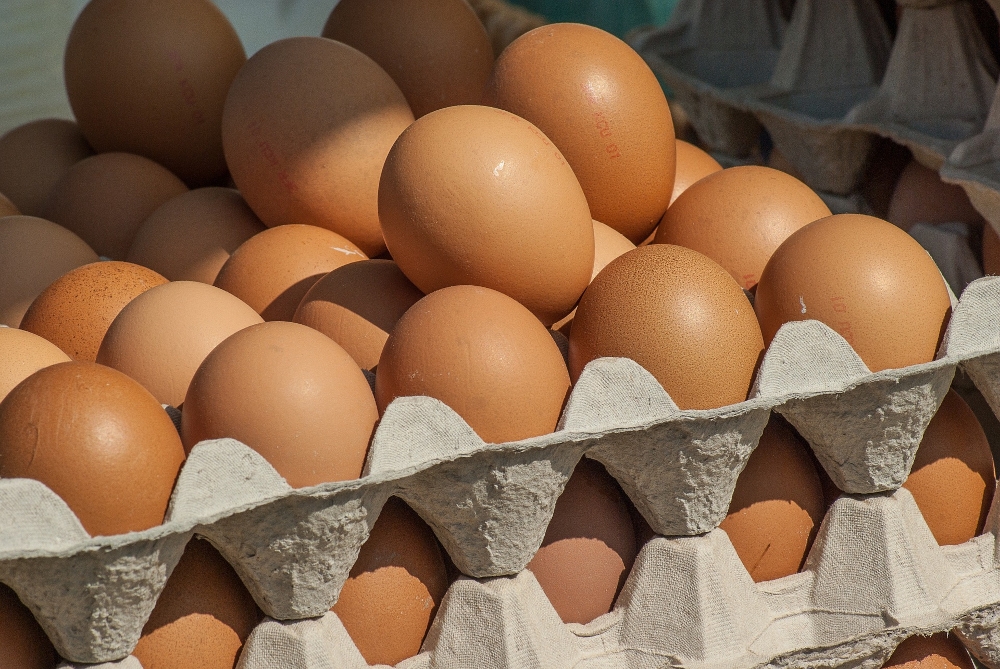KUALA LUMPUR, May 29 — As new data reveals a rapid rise in consumer desire for companies to shift to cage-free eggs, national producers are looking to learn from China’s egg industry, where the cage-free egg sector has grown rapidly over the past few years.
The Sino-Malaysia Cage-Free Egg Symposium, held May 8, brought together seven leading egg producers from Malaysia, five of the largest cage-free egg producers from China, China’s leading egg and poultry trade associations, and cross-border food distributors for an open discussion on the commercial opportunity around cage-free eggs in Malaysia.
Titled “Unlocking Success Together,” the symposium was organised by NGO Lever Foundation, the Beijing Egg Industry Association, and the Shanghai Poultry Trade Association.
“In Asia, the development of cage-free eggs relies heavily on corporate demand,” noted Wang Zhong-qiang, Secretary General of the Beijing Egg Industry Association, at the Symposium. “China’s earliest large-scale cage-free production was built because of that. Asia is catching up, and companies entering the cage-free sector early on will have significant growth opportunities.”
Over the past three years an increasing number of corporate commitments in China to source only cage-free eggs has led to the establishment of China’s largest cage-free egg farm, housing 500,000 hens, as well as the establishment of numerous farms housing several hundred thousand hens.
Cindy Lee, COO of Malaysia’s first commercial-scale cage-free egg producer TC Farm, stressed the benefits of cage-free environments.
“Like human beings, hens have needs,” Lee explained to other producers in attendance. “We do our best to ensure the [hens] are comfortable and happy.”

On TC Farm’s cage-free facilities, hens are free to exhibit natural behaviours including flying, strolling, perching and dust bathing.
The symposium also shed light on the increasing consumer demand for cage-free eggs in Malaysia.
A recent survey carried out by leading Asia research agency GMO Research revealed that 77 per cent of Malaysians believe food companies should source only cage-free eggs, with nearly 60 per cent more inclined to patronise brands that commit to doing so. Over 60 per cent of customers are willing to pay more for cage-free eggs. A number of consumers have also been reducing egg consumption in order to protect laying hens.
“In response to consumer concern, a rapidly growing number of food companies in Malaysia have set timelines for sourcing only cage-free eggs in their supply chains,” said Vilosha Sivaraman, sustainability programme manager at Lever Foundation.
“Based just on existing current corporate commitments, there will be a need for approximately 395 million more cage-free eggs to be produced every year within the next several years.”
Retailers such as AEON and Mydin, restaurant chains such as Old Town White Coffee and O’Briens Irish Sandwich Cafe, and hotel chains including Hatten Hotels and Ascott Malaysia have all committed to end the sale of caged eggs, as have most leading international restaurant, cafe, and packaged foods brands operating in the country.
“Animal welfare is a manifestation of human friendliness towards animals,” reflected Dr Zhu Wen-qi, Secretary General of the Shanghai Poultry Trade Association.
“The logic of cage-free farming is the same as that of sustainability and carbon neutrality. Only by being friendly to animals can humans obtain a better protein source.”



















